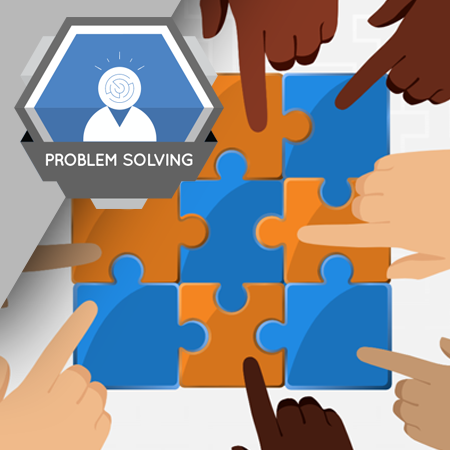
Problems can occur not only in your personal life but your professional life. Whether it’s unexpected transportation issues or poor sales, problems are a part of everyday life. In this module, you’ll learn about common problem-solving pitfalls and mental barriers as well as steps you can take to successfully solve problems.
Learning Objectives
- Define problem-solving
- List positives associated with problems
- Explain common problem-solving pitfalls
- Describe mental barriers to solving problems
- Understand the benefits of group problem-solving
- List the five primary steps of the problem-solving process
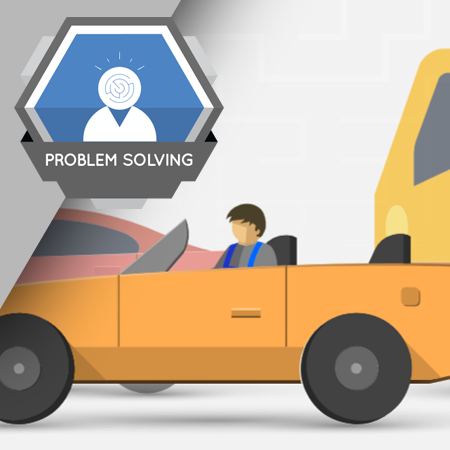
Good problem-solvers share certain skills that help set them up for success. In this module, you’ll learn about these soft skills. You’ll also discover what you can do to improve these skills.
Learning Objectives
- Define soft skills
- Describe the skills used in problem-solving
- Explain how to assess your own problem-solving skills
- List what you can do to improve your skills
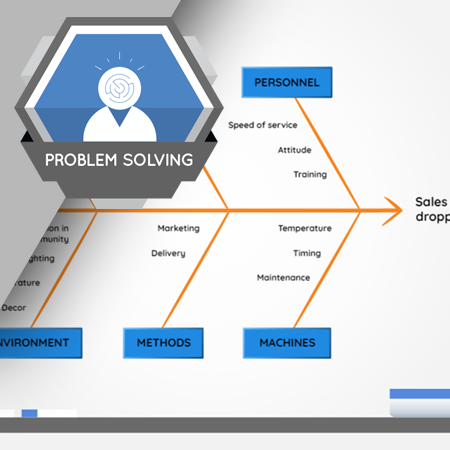
Problem-solving works best when a systematic approach is taken. The first step in the process is to define the problem. In this module, you’ll discover how you can accurately identify the root cause of a problem
Learning Objectives
- Understand the importance of correctly defining the problem
- List problem-solving techniques that help you identify a problem’s root cause
- Explain the five whys process
- Build a cause-and-effect diagram
- Describe how to create a flowchart
- Define a problem clearly and concisely
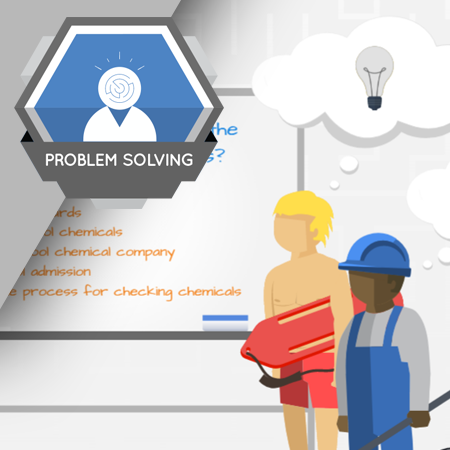
Problem-solving works best when a systematic approach is taken. The second step in the problem-solving process is to identify possible solutions. In this module, you’ll discover what you need to do to generate ideas to solve your problem.
Learning Objectives
- Explain what you need to do to identify potential solutions
- List common methods of generating ideas
- Describe creative thinking
- Discuss the brainstorming and reverse brainstorming process
- Explain mind mapping
- Understand when you should evaluate potential solutions
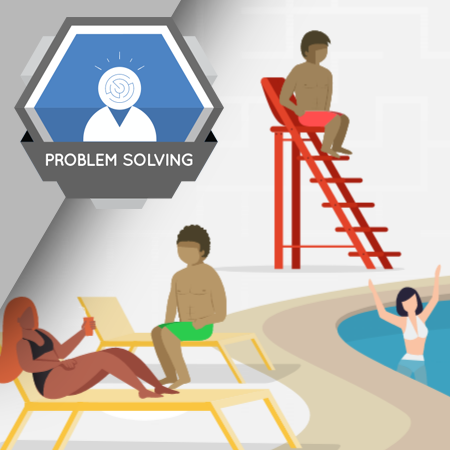
Problem-solving works best when a systematic approach is taken. The third step in the problem-solving process is to evaluate and choose solutions. In this module, you’ll discover how you can narrow down your list of potential solutions and choose the best one from the remaining options.
Learning Objectives- Determine your ideal outcome
- Eliminate, compare, and combine potential solutions
- Explain the factors to consider when choosing the best solution
- Describe different strategies for choosing the best solution
- Explain how to select the best solution

Problem-solving works best when a systematic approach is taken. The third step in the problem-solving process is to evaluate and choose solutions. In this module, you’ll discover how you can narrow down your list of potential solutions and choose the best one from the remaining options.
Learning Objectives
- Determine your ideal outcome
- Eliminate, compare, and combine potential solutions
- Explain the factors to consider when choosing the best solution
- Describe different strategies for choosing the best solution
- Explain how to select the best solution
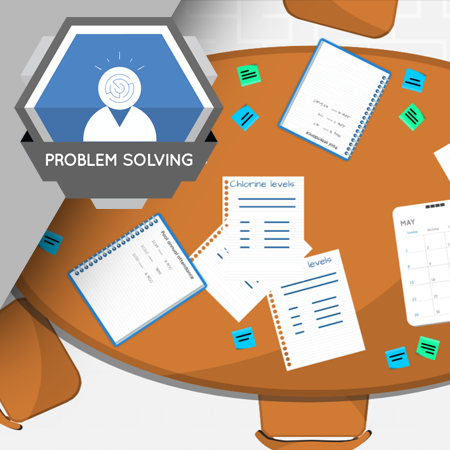
Just because you’ve chosen a solution and implemented it doesn’t mean that you’ve solved your problem. You need to conduct ongoing monitoring of major milestones as well as evaluate the end results. In this module, you’ll find out how to assess the effectiveness of your solution.
Learning Objectives
-
Discuss the benefits of ongoing monitoring
-
Explain what to monitor, how, and when
- Describe the evaluation process
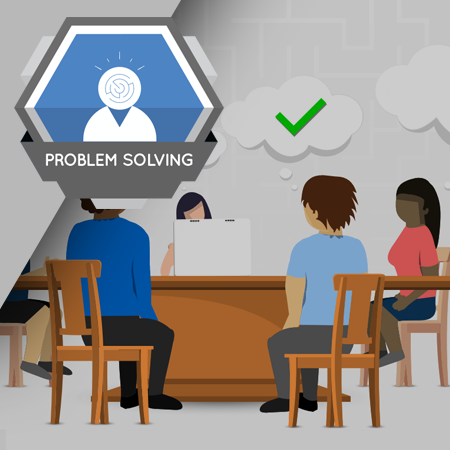
Learning Objectives
-
Describe mental blocks that might prevent you from solving a problem
-
Explain reasons why problem-solving mistakes occur
- Understand how you can avoid making common problem-solving mistakes
